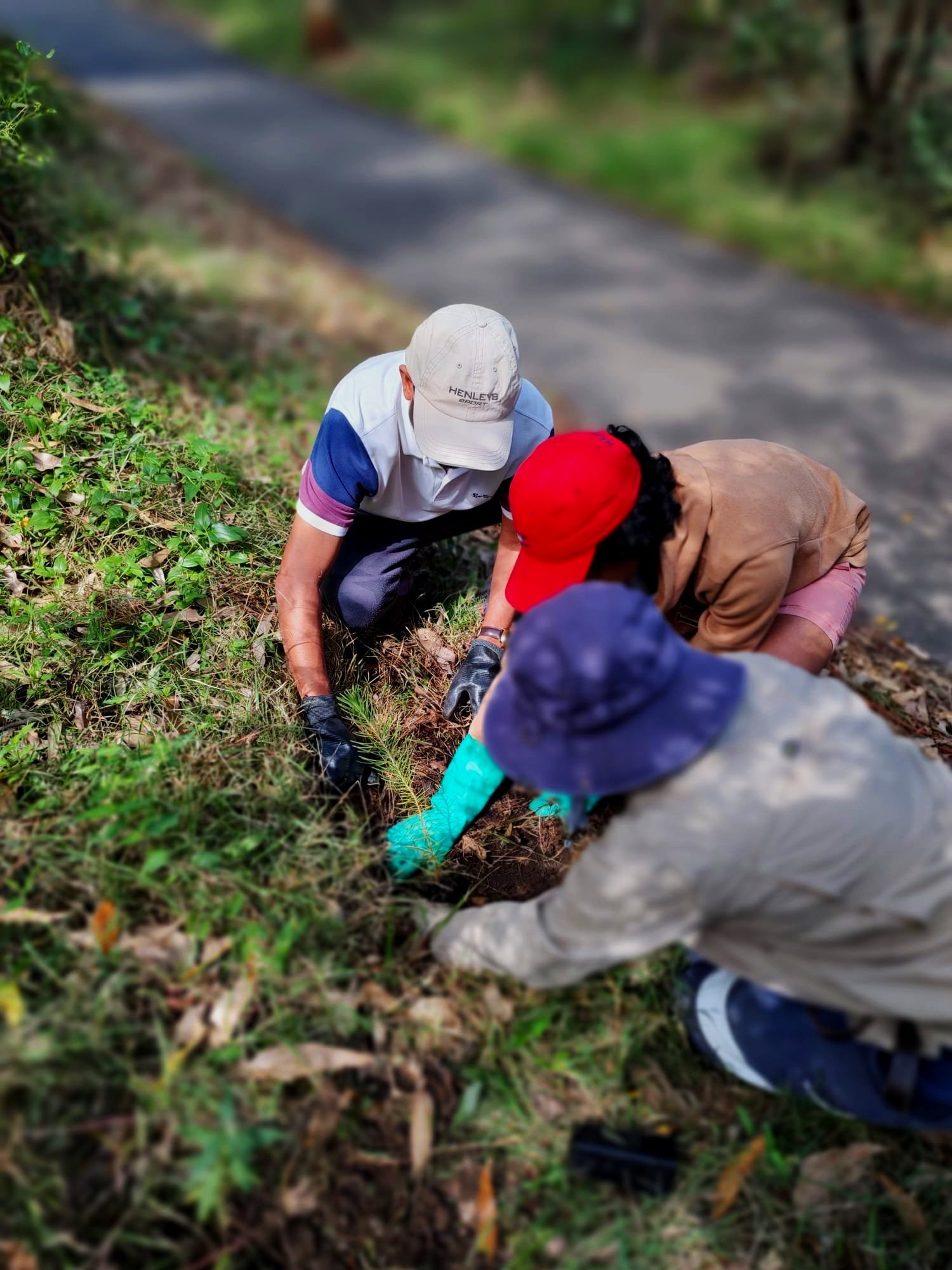
Interesting facts!
Did you know?…
Did you know that an adult Common Brushtail Possum requires around 2 kilograms of fresh green foliage every night while it is in care?. Currently, volunteer wildlife rehabilitators must source this from the streets and their neighbors.
Frequent flyers…
The average Lorikeet will visit in excess of 400 flowers each day as a part of its regular flight path. With the bristles on their tongue, these feathered sweet-beaks are able to extract nectar from many types of flowers including Grevillea sp., Callistemon sp. and Macadamia flowers.
A tough nut to crack…
With thousands and thousands of granivorous, or seed eating, birds needing rescue and rehabilitation every year, the wildlife rehabilitation community largely does not have access to native seed. Growing Food for Wildlife aims to make this a little easier for wildlife carers while putting on a beautiful show for the public.
Staple diet…
Common Ringtail Possums are a common prey species for many nocturnal carnivores. They are an extremely important part of NSW ecosystems with their vital part in pollination, fertilization and pest control. Did you know that Ringtail Possums require at least three different species of Eucalypt leaf every night while in care in order to maintain a healthy gut?. That’s right!. Eucalyptus can be very hard to source as generally the new growth is many meters up in the air.
Garden therapy…
Well, not quite. Many animal species, such as birds can get very stressed when they come into care. To help keep the animals calm, carers will often line the outside of the enclosure with lots of beautiful foliage to emulate that species’ natural environment. This helps to keep the recovery time to a minimum and to get the animal back out to where it is supposed to be, quicker.





